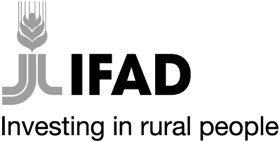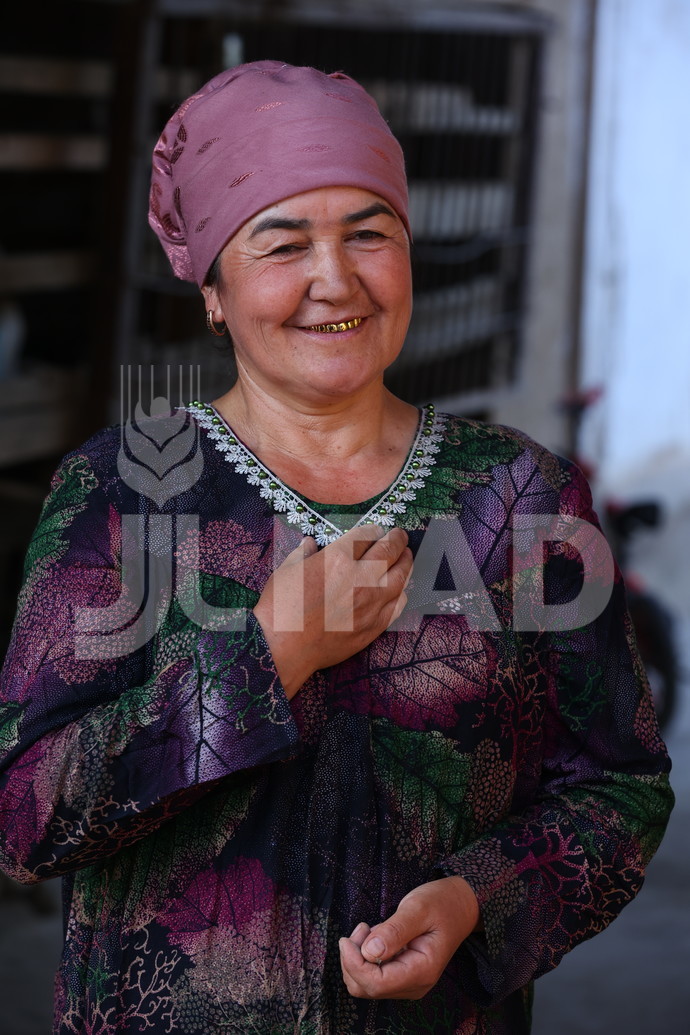| ID: | 85956 |
|---|---|
| Country: | Tajikistan |
| Title: | Tajikistan - Community-based Agricultural Support Project (CASP) - October 2023 |
| Description: |
Shahnoa Parnik Norova is the leader of a Women’s Income Generating Group (WIGG) for permanent greenhouses in Gazantarak Village located in Devashtich District in northern Tajikistan’s Sugd Region. In early 2023, the Community-based Agriculture Support Project (CASP) helped ten vulnerable women and women in need in the community establish five greenhouses. Shahnoa accompanies her strawberry production with seasonal cultivation of potatoes; sweet peppers, tomatoes and cucumbers; and herbs, like coriander and dill. Things she used to buy from the market she now sells, earning a good income. By September 2023, she had marketed almost 500 kg of strawberries and more than two tons of tomatoes. Market vendors come to her to buy directly from her greenhouse. The women in the WIGG, who were unemployed before, now have fulltime jobs. The greenhouse provides Shahnoa, 47 years old, with her livelihood, enabling her to support the 16 members of her household, including her mother-in-law who is disabled and has been bedridden for 12. “Our life was hard before the project intervention. The project supported us to learn how to grow vegetables. We received training and learned skills we didn't have - how to grow tomatoes and strawberries - we learned all of this. Now, we are quite okay, and our food security is much better. We are happy.” Until recently, it would have been unthinkable to undertake this kind of activity in Ghazantarak Village, which lacked access to drinking water. The village still lacks irrigation water. CASP installed a drip irrigation system in the greenhouses to help manage scarce water resources efficiently, and introduced seedlings that don't demand much water. The women fill the water tanks, add organic fertilizer and then irrigate the plants through the drip irrigation system, which is powered by solar panels. Members of the Ghazantarak Village Organization (VO) identified access to clean drinking water as the top priority in their community development plan (CDP). Before CASP implementation began in 2021, the 1,904 village households did not have household access to running water. There were a few community water taps, but people had to queue for 4-5 hours to fill their containers. And then they had to walk, sometimes long distances, to carry the water back to their homes. In the past, people paid 160 somoni (US$16) for a 7 metric tons tank of water delivered to their home by truck to supplement the water they got from the community tap. Each tank lasted for about a month if they used it sparingly. CASP bored two wells located 3 km away from the village and provided 18 km of pipelines to construct a running water system within the village. Today, almost 100% of village households have access to water. They fill their household water tanks and can also use it for their livestock and to water their household garden plots, and even for commercial production in greenhouses. But now, instead of paying 160 somoni per month to buy trucked water, they pay only 10 somoni per month to access the running water from the tap located just in front of their houses. The Community-based Agriculture Support Project (CASP) stimulates inclusive economic growth and poverty reduction in rural Tajikistan. Its activities help communities and dehkan (smallholder) family farmers access productive infrastructure and services, leading to sustainable agricultural production, equitable income-generating opportunities, and improved living standards. CASP works with village organizations (VOs) to develop community-driven action plans that define their own improvement initiatives. Village-level participation in decision making is critical to the success of these plans and helps establish a sense of community ownership and cohesion. |
| Size: | 7.72 MB; 3648 x 5472 pixels; 309 x 463 mm (print at 300 DPI); 965 x 1448 mm (screen at 96 DPI); |
| Show more details: | Didor Sadulloev |
| Copyright: | © IFAD/ Didor Sadulloev |
| Categories: | New from Near East, North Africa, Europe and Central Asia |

